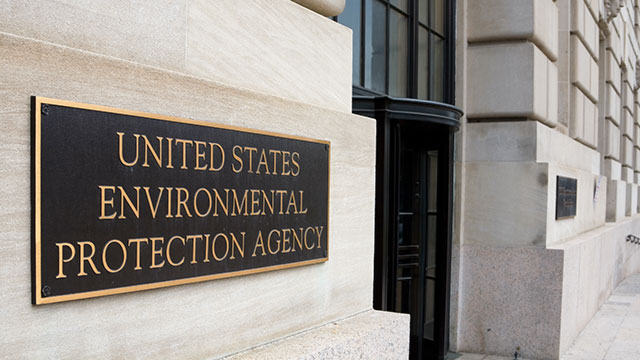 Credit: iStock
Credit: iStock
In a joint journal statement, the editors-in-chief of six scientific journals (Science, Nature, Cell, PNAS, PLOS and The Lancet) highlight their concerns regarding the 2018 "Strengthening Transparency in Regulatory Science" rule proposed by the Environmental Protection Agency (EPA), which has recently returned to the spotlight following a hearing on evidence in policy-making.
The editors-in-chief articulate their concerns on this proposed rule 18 months after first having done so in a prior joint journal statement, since which time, they have "become even more concerned," they say. In their statement, they urge careful, deliberate analysis and discussion of proposed options related to the use and protection of confidential data. "As leaders of peer-reviewed journals, we support open sharing of research data, but we also recognize the validity of scientific studies that, for confidentiality reasons, cannot indiscriminately share absolutely all data."
They also express concern about how the agency plans to consider options related to existing regulations, noting that, even without retroactive application, the new standard could apply when a regulation is updated; thus, foundational science from years past—research on air quality and asthma, for example, or water quality and human health—could be deemed by the EPA to be insufficient for informing our most significant public health issues. "That would be a catastrophe," they write.
The editors-in-chief call on the scientific community and general public alike to engage on this topic. "Whether submitting public comments to the EPA or communicating with lawmakers in Congress, it is important to emphasize that decision-making that affects us all must be informed by nothing less than the full suite of relevant science vetted through scientific peer review."











